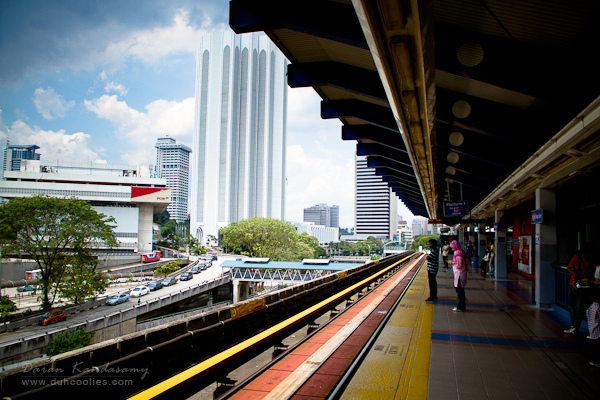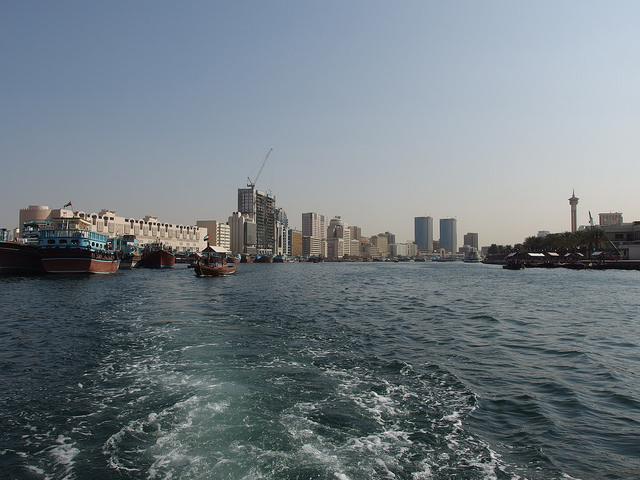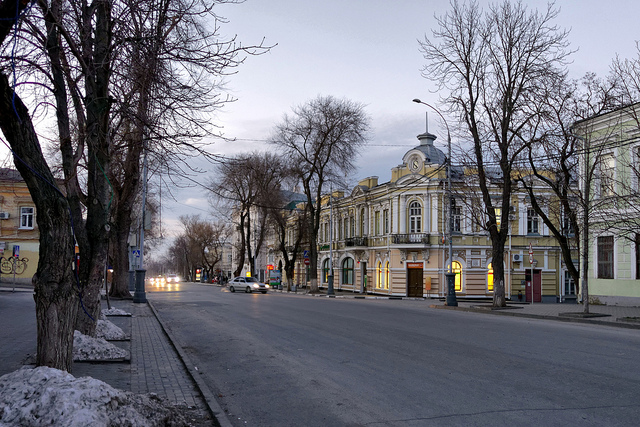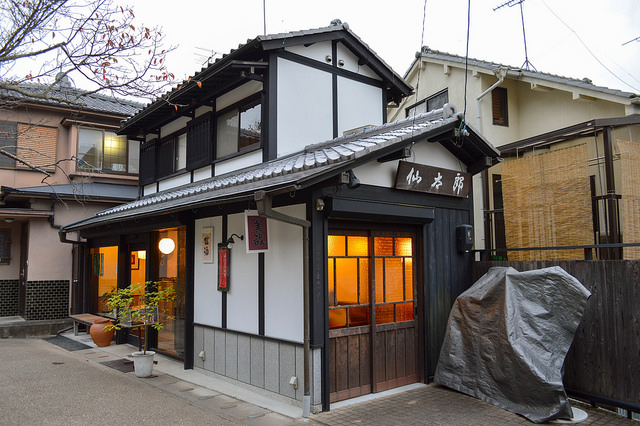2010 was a momentous year for immigration around the World. Below we include some of the most important immigration stories for 2010:
Topical:
Global Immigration Immigration News
Items tagged with "Global Immigration Immigration News":
Southeast Asia is becoming an increasingly popular destination for both visitors and immigrants. Malaysia in particular is a favoured holiday destination and is considered a good place to a have a second home due to its diverse culture, good standard of living, and geographic location.
The UAE is introducing a new work permit which will allow foreign workers currently in the country to switch jobs after two years without facing a six-month ban for leaving their previous job.
The changes are an attempt to reform the UAE labour market.
"Expatriate workers who have completed two years with their employers can change jobs without serving the ban following the implementation of the new rules," said Humaid Bin Deemas, Acting Director General for the Ministry of Labour.
PLEASE SEE UPDATE ON UK IMMIGRATION CAP BELOW
2010 has been a rocky year for immigration around the world. Aftershocks from the global financial crisis of 2008 can still be felt as evidenced by many countries responding to the economic downturn by bringing in more restrictive immigration policies. However, there is evidence that as the economies of many countries improve and unemployment rates fall, skilled immigration will once again play a key role in filling labour gaps.
United Kingdom
Under new rules signed by President Medvedev, Russia will make it easier for skilled foreign workers to maintain their registration status if they leave their place of residency for more than three workings days. The new rules are in line with longer visas and work permits introduced last summer for certain classes of foreign workers.
A leading international think tank is urging Japan to open up its traditionally restrictive immigration system to incoming skilled immigration.
The proposal by the Japan Forum on International Relations (JFIR) proposes that Japan adopt a skills-based immigration system, similar to immigration systems in leading immigration destination countries in the West.





